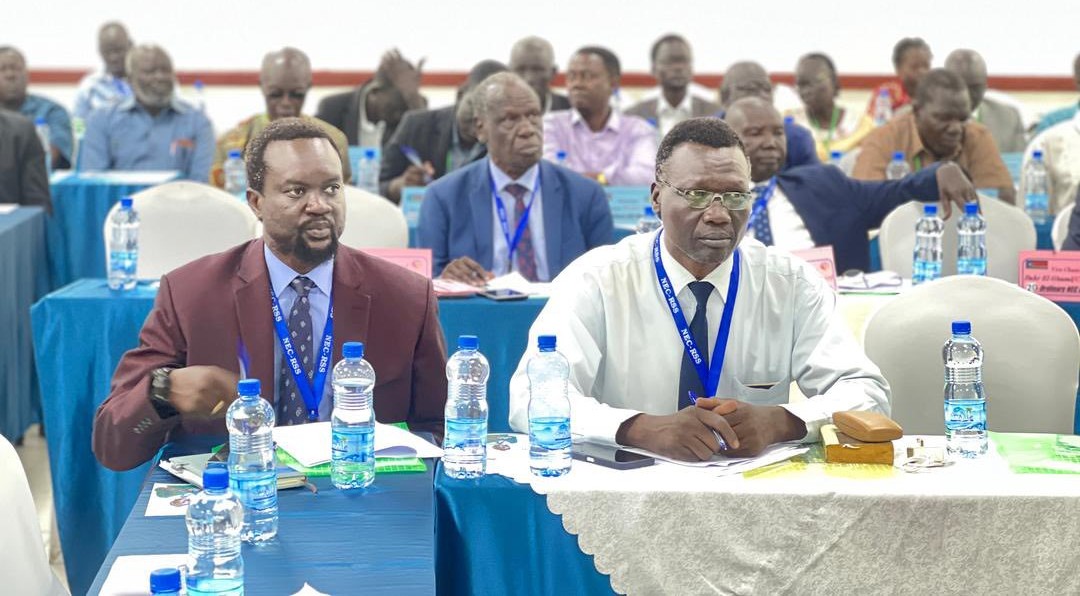
The National Council of the Ministry of General Education and Instructions has officially released the results of the 2024 primary examinations, marking a significant milestone for South Sudan’s education sector.
The announcement, made in Juba on Tuesday, revealed an inspiring overall pass rate of 94.9%, showcasing the dedication and resilience of South Sudanese students.
A total of 79,010 students registered for the exams, with 77,264 successfully sitting for the assessments. Of these, 73,326 students passed, demonstrating remarkable academic achievement.
Boys accounted for 40,437 of the successful candidates, while 32,899 girls excelled, reflecting the growing prominence of female participation in education – a bright beacon of progress for the nation.
Despite the celebrations surrounding the students’ performance, the delayed release of results stirred concerns among families and educators.
Originally expected much earlier, the results were overdue, arriving nearly three months into the academic calendar.
This delay caused disruptions, as schools had already resumed their academic programs, forcing students and institutions to adapt amidst uncertainty.
Parents voiced frustrations about the impact on their children’s academic planning and raised questions about the efficiency of the examination system.
Educators also noted how overdue results hinder the timely progression of the school calendar, making it difficult for teachers and administrators to align lesson plans with the needs of their students.
The Minister of General Education, Kuyok Kuyok, addressed these concerns during the announcement, acknowledging the logistical challenges and promising reforms to enhance the timeliness of future examination processes.
Efforts are underway to streamline the operations of the National Examination Council and ensure that delays do not repeat.
The results highlighted not only the accomplishments of South Sudanese students but also the areas that require improvement within the educational system.
The growing success of female students was celebrated as a sign of progress, while the delayed release of results served as a reminder of the need for robust structures to support the nation’s scholars.
As families and students navigate this bittersweet moment, the achievements stand as proof of the potential within South Sudan’s youth, while the challenges underscore the importance of building a more reliable and efficient education system.

